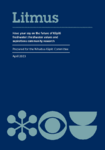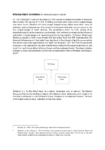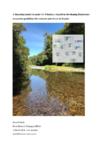He karakia mō te wai – Our call to action – composed at a two-day hui for Te Whaitua o Kāpiti on 11-12 October 2023.
Its composition is attributed to all present, who were part of the mauri of the hui.
The karakia is presented as we have conducted our Whaitua kaupapa - inclusively. Featuring the three official languages of Aotearoa New Zealand - spoken in Te Reo Māori by Sharlene Maoate-Davis (Te Whaitua o Kāpiti Committee member), translated in New Zealand Sign Language (NZSL) by Tarsha Takarangi-Berry (Ngāti Māhanga, Taranaki, and Ngāti Maniapoto) of Eye Films Studio, and with Te Reo Māori and English language captions.
May the wairua of our arawai and the intention in this karakia provide the necessary guidance needed in always placing the wai at the centre of our human experiences.
Whaitua Kāpiti Implementation Programme is Complete
See our shared vision for health Kāpiti waterways. Healthy water is central to our lives, these foundational documents set out the vision for healthy waterways and thriving communities in Kāpiti.
Te Whaitua o Kāpiti Implementation Programme
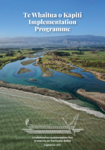

date_range Published 09 Sep 2024
Download now (PDF 15 MB) get_appTe Whaitua o Kāpiti Section 32 Plan Change Content
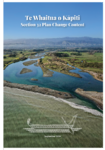

date_range Published 09 Sep 2024
Download now (PDF 5.9 MB) get_appThree hundred responses from local residents to a 2022 survey, workshops and interviews helped to shape the programme with their desire for waterways from which we can drink and swim. See the outcomes of the community survey.
Following the community consultation, a 12-member committee, comprising of six mana whenua representatives from Ngā Hapū o Ōtaki, Ātiawa ki Whakarongotai and Ngāti Toa Rangatira, as well as six community representatives, including councillors from Greater Wellington and Kāpiti Coast District Council, known as the Whaitua Kāpiti Committee produced recommendations on how to restore the districts waterways, in response to an urgent need for action. Meet the committee.
It unites the desire for clean waterways that sustain our lives and our livelihoods. These recommendations will now move to an implementation phase to carry the programme's recommendations forward, as we continue to work closely with the Kāpiti Coast District Council, community, and mana whenua.
It’s our Kāpiti, healthy water for our future.
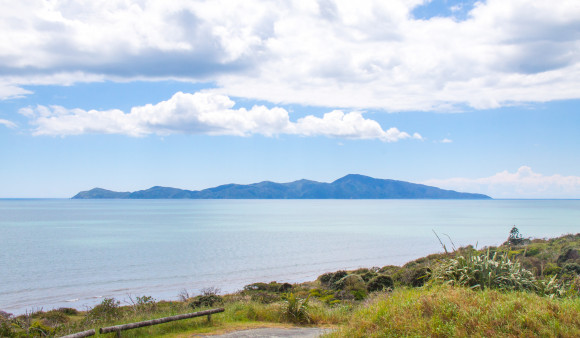
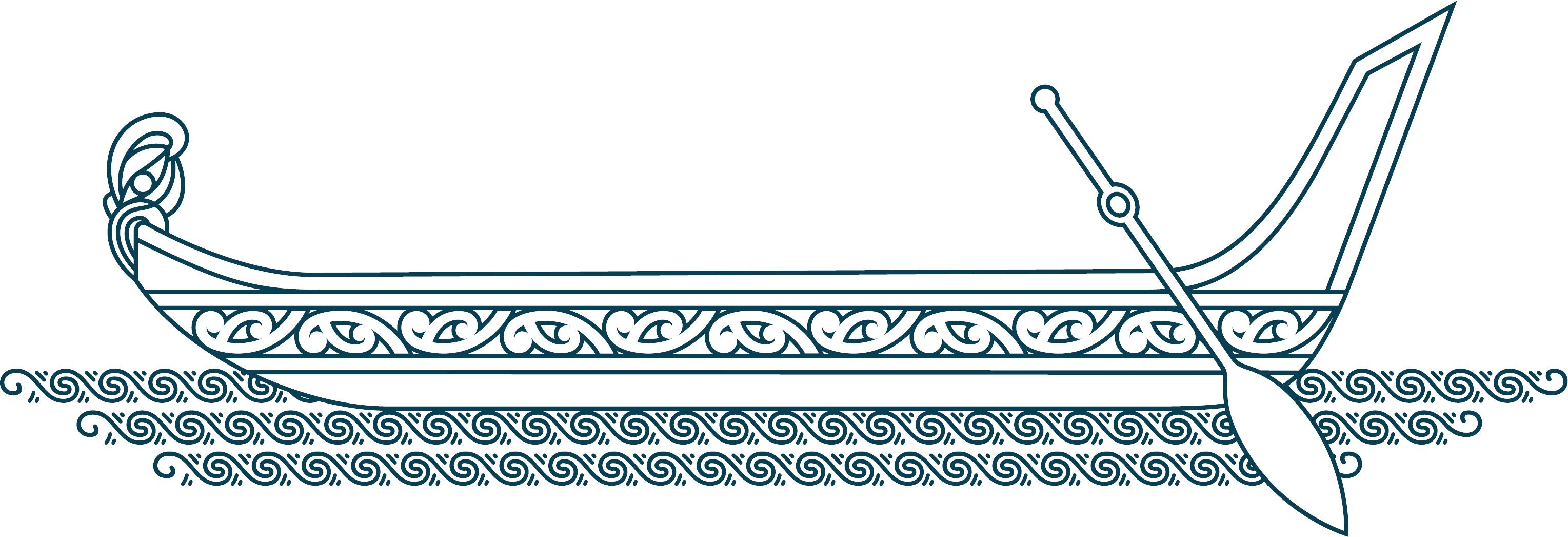
Get in touch
- Phone:
- 0800 496 734
- Email:
- info@gw.govt.nz

